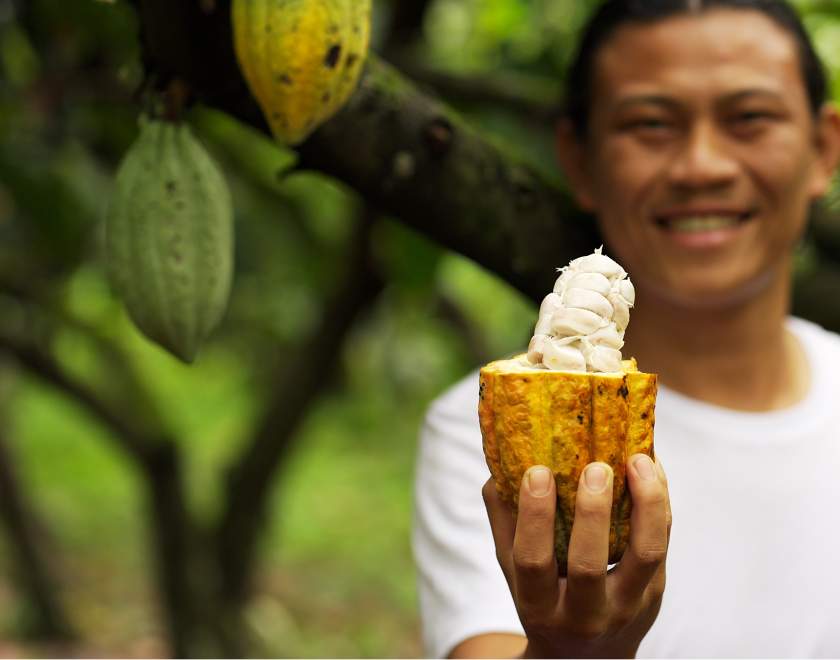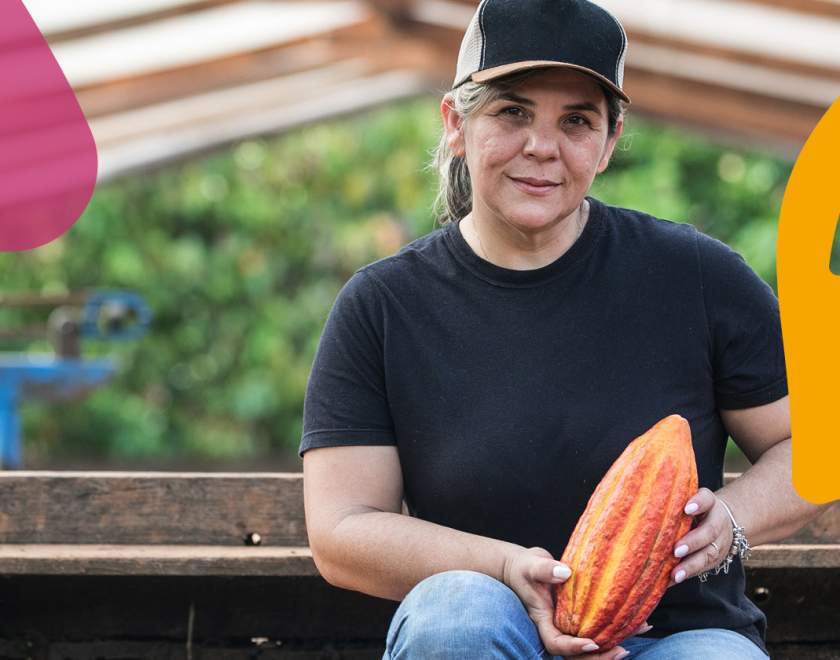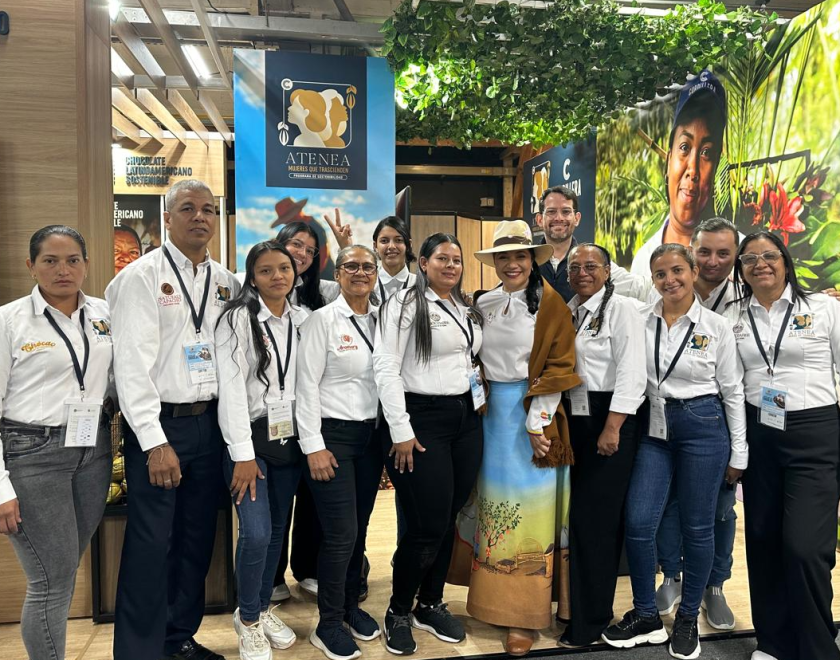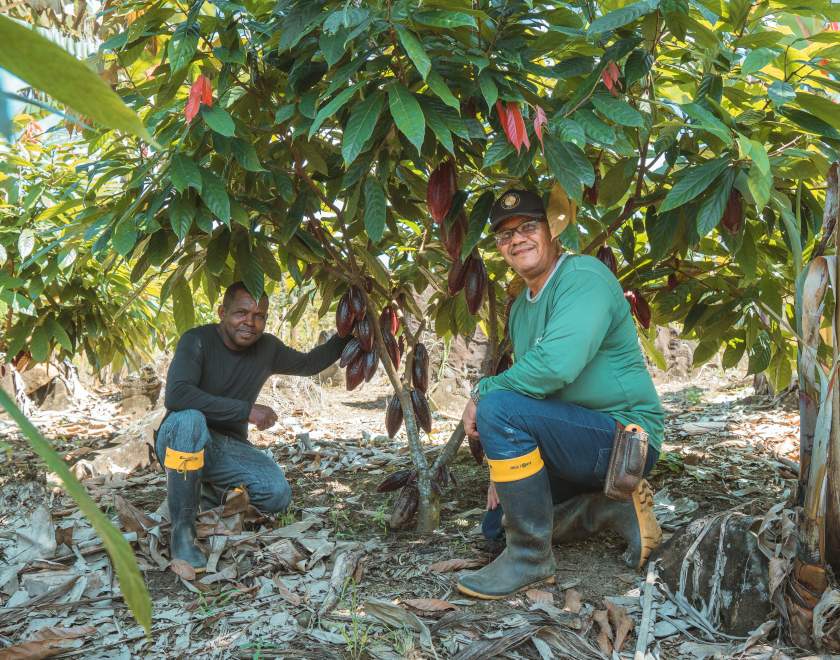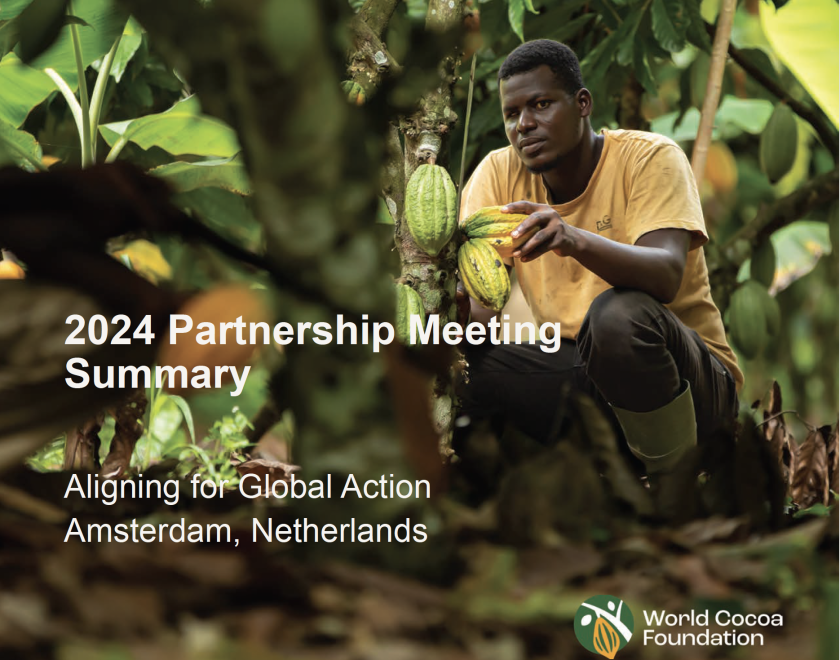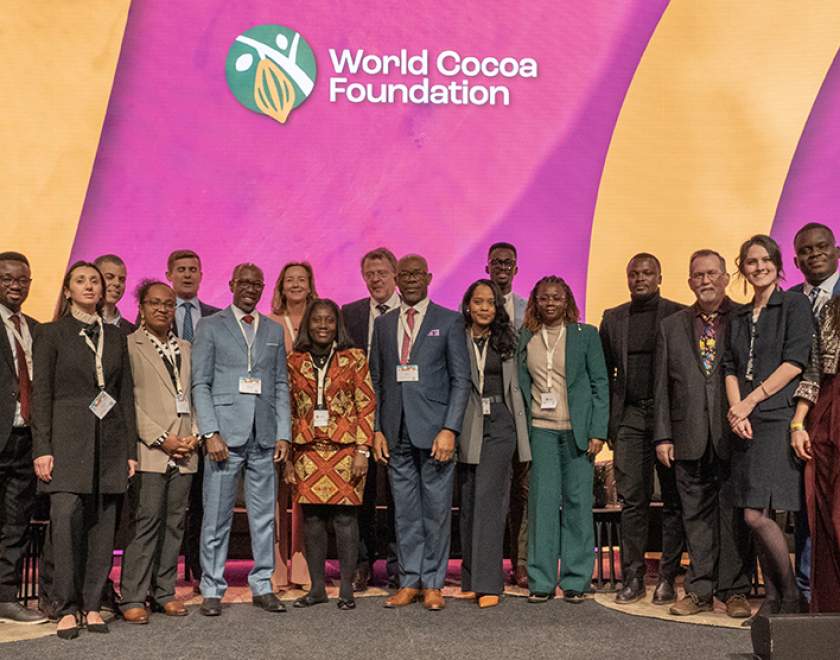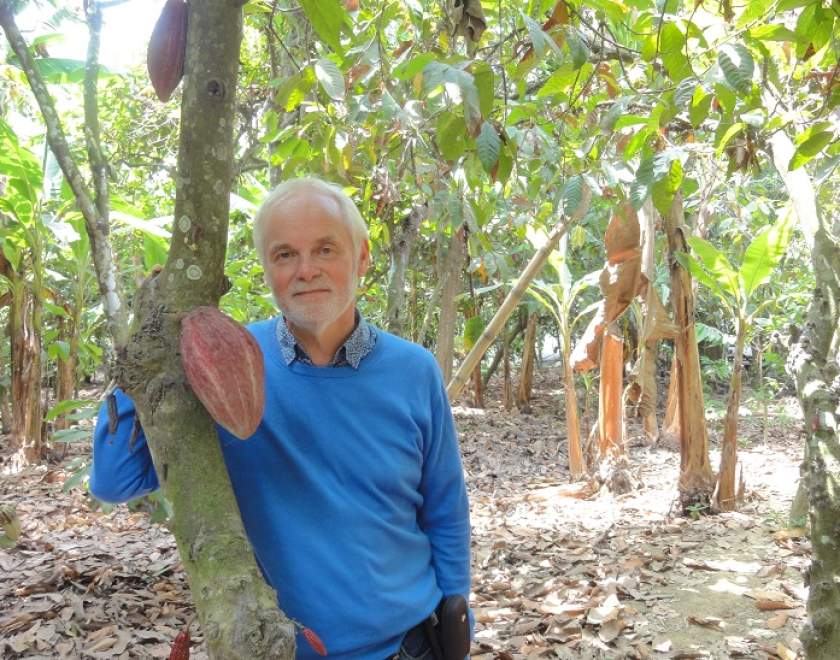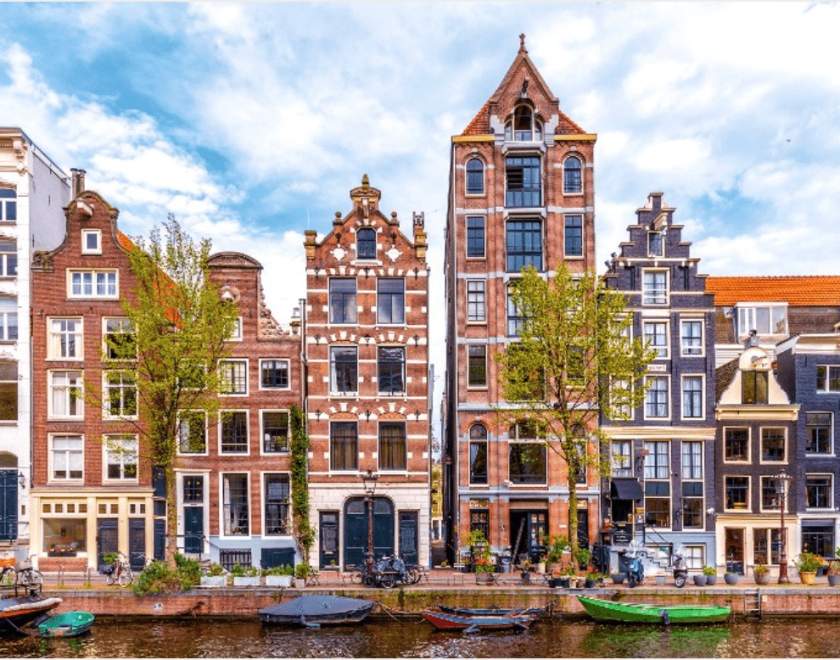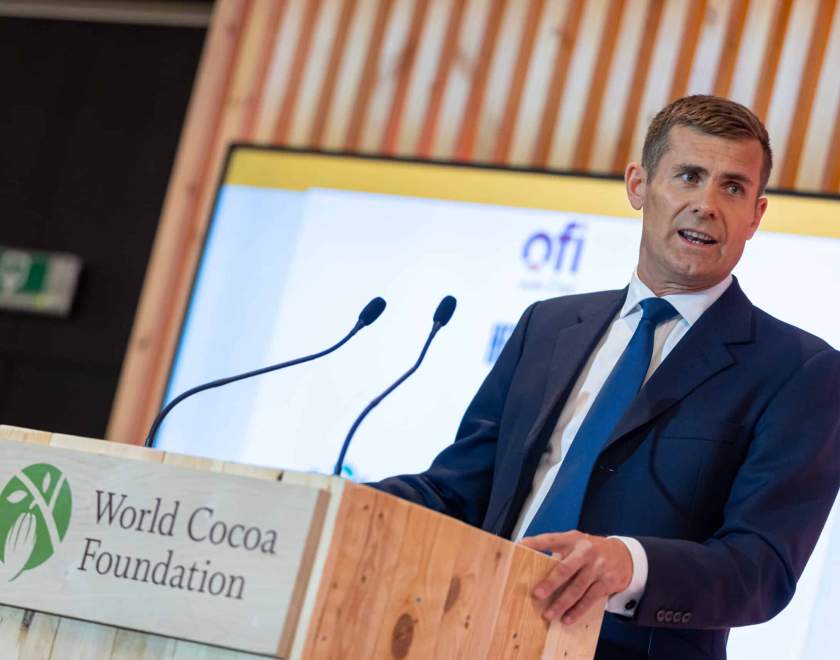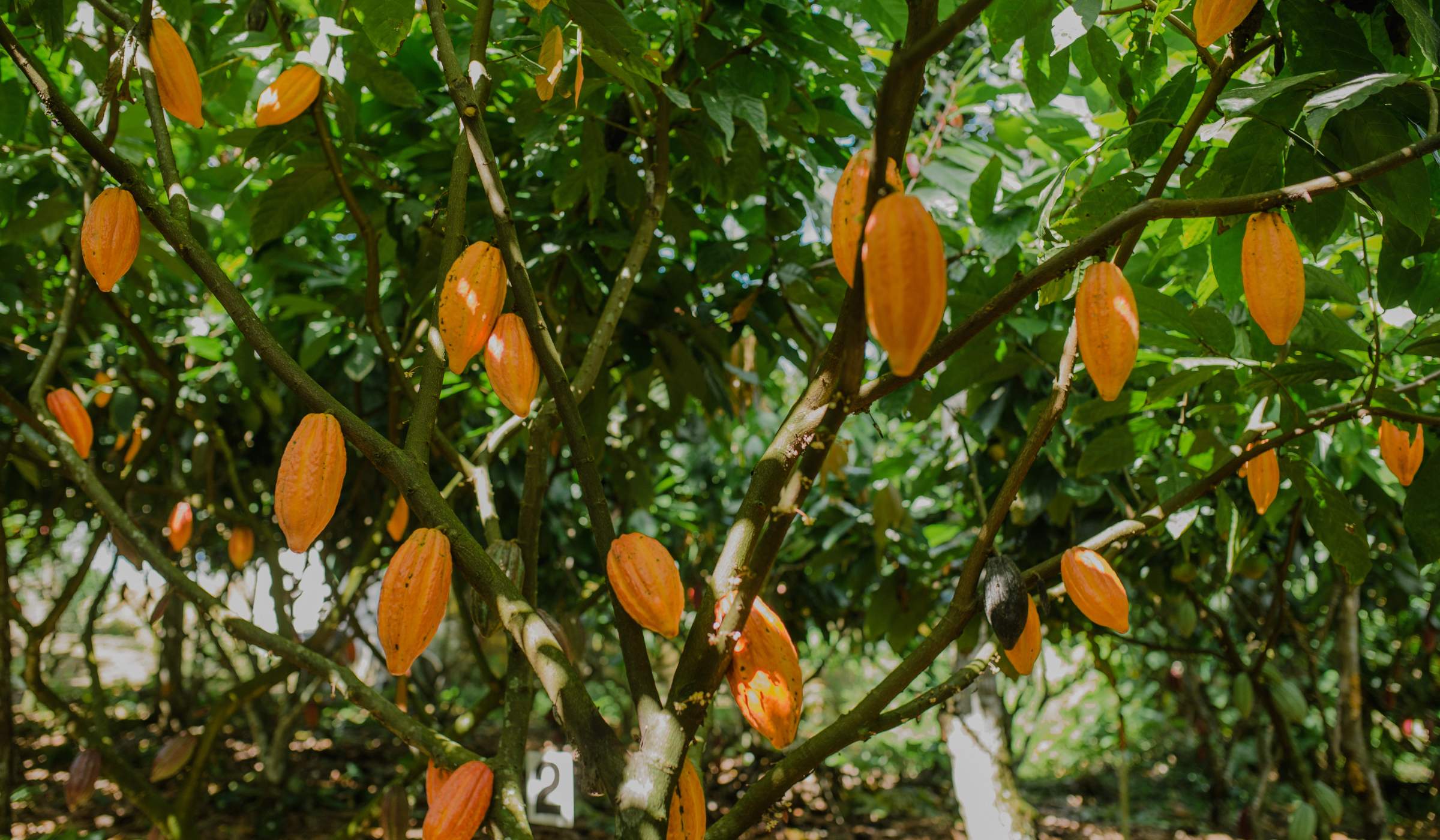
It’s no secret that global cocoa is facing productivity challenges, as farmers confront climate change, plant diseases and aging trees.
According to the International Cocoa Organization (ICCO), the current season is expected to be the fourth straight year of supply deficits. And global cocoa stocks have plunged from levels a few years ago.
All of this underscores the need to modernise and rejuvenate cocoa farm productivity. It’s why a few different sessions at the upcoming World Cocoa Foundation (WCF) Partnership Meeting will tackle different dimensions of this very topic.
Experts and leaders will share insights on modern farming innovations such as advancements in disease management, mechanisation, on-farm investments and technical assistance. These dialogues will aim to ignite creative thinking and share lessons learned in ways that benefit cocoa growers across regions.
“We could not be more excited for the discussions in São Paulo on critical issues around cocoa farm modernisation,” says Peter Koegler, WCF’s Vice President of Programmes. “Now is a pivotal moment to cultivate a stronger future for cocoa growers and ensure that as a sector we can meet rising global demand.”
Building an enabling environment
One of the Partnership Meeting sessions to explore new approaches to this challenge is titled “Creating an enabling environment for farmer investments.” It will feature panellists from both Latin America and Africa, reinforcing the opportunity for Global South-South exchanges that will be a significant feature of this year’s event.
So what is truly crucial when trying to create an enabling environment for cocoa growers? In a preview of the discussion, panellist Vinicius Ahmar from the Arapyaú Institute said that what has worked well in Brazil has been a mix of public policies, financial mechanisms, productive capacities and more.
“We have a very safe and advanced financial system, good legal security for business, public policies aimed at agriculture, good capacity for innovation and research, and excellent capacity to produce well in an inclusive and sustainable way while maintaining and recomposing the fantastic human and natural capital present here,” Ahmar said.
Panellist Carlos Brando, a partner at P&A Consult with over 40 years in the coffee industry and a board member of the Global Coffee Platform, the Coffee Quality Institute (CQI), and several other organizations in Brazil and abroad, said the cocoa sector has much to learn from other commodities like coffee.
“Coffee in Brazil and a few other countries has benefited from a good enabling environment. Some of its components may be common to cocoa (like financing and logistics),” Brando said. “Cocoa can learn from coffee how this efficient enabling environment has been developed in order to implement it.”
Ahmar agreed that the potential is strong: “With small adjustments and with policies and investments as we have seen in recent times, Brazil has the potential to be among the best and largest producers of sustainable and inclusive cocoa in the world.”
An award-winning model
Another component of an enabling environment is giving farmers the tools and training needed to succeed. That’s been apparent through the successful impact of Belterra Agroforestry, which will be represented on the panel by Valmir Ortega.
The organisation is using agroforestry systems in cocoa production to promote forest restoration and sustainable rural development, serving as an innovative model for transforming degraded areas into regenerative, productive landscapes.
Ortega was recently selected as a Social Entrepreneur of the Year by the Schwab Foundation for Belterra’s impact.
This session and others on modern farming innovations are sure to be exciting, so if you haven’t already registered for the Partnership Meeting, now is the time! See you in São Paulo in March!
